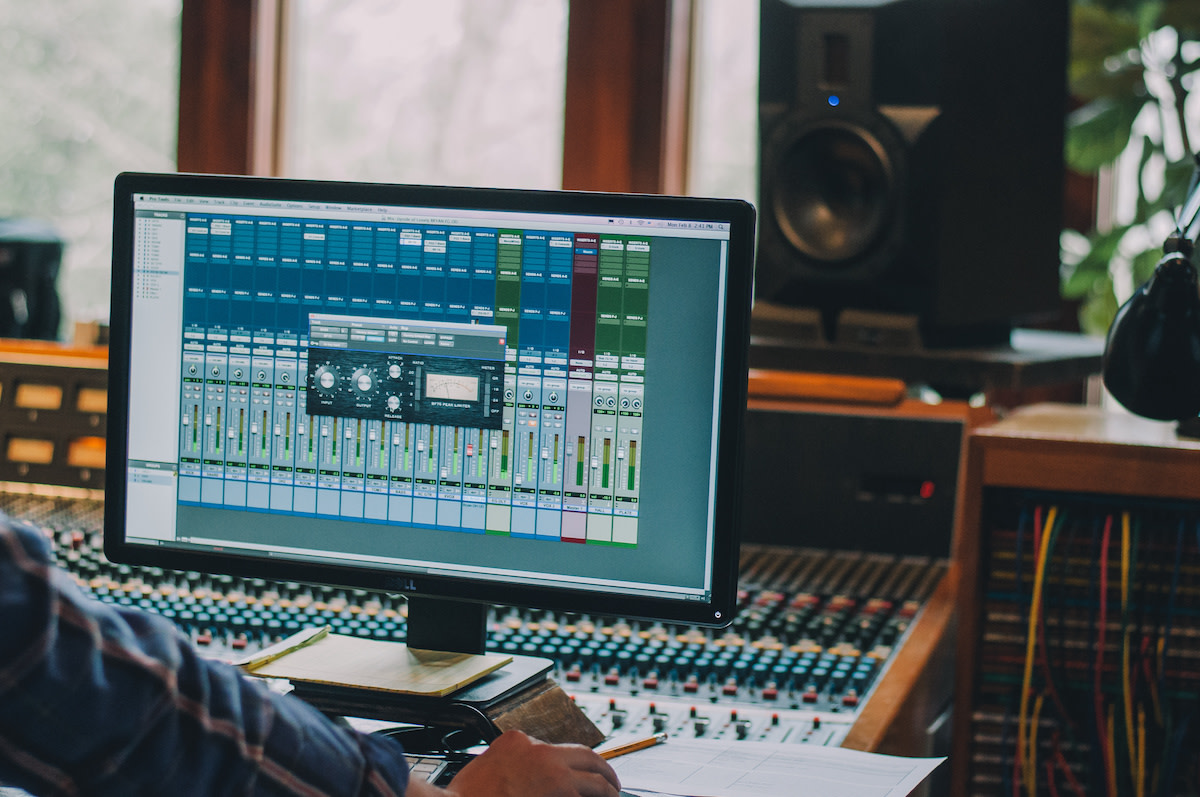Recording Engineer: How to Become a Recording Engineer
Written by MasterClass
Last updated: Feb 3, 2022 • 4 min read
A recording engineer is one of many essential roles involved in capturing sound and transforming it into a high-quality musical track. Read on to learn how to become a recording engineer.
Learn From the Best
What Is a Recording Engineer?
A recording engineer, also known as an audio engineer or a sound engineer, records and edits live sound to make a high-quality recording. In the music industry, a studio engineer facilitates the technicalities of the in-studio recording process.
Recording engineers primarily focus on the technical aspects of music production. These specialists are often in charge of the studio soundboard, which balances and harmonizes the many variables of a recording. However, they can wear many hats, taking on additional responsibilities like mixing or producing.
What Does a Recording Engineer Do?
Recording engineers capture live sound at recording studios, film or video shoots, live music performances, and other musical events. For music, in particular, recording engineers can have several roles:
- Recording: Recording engineers focus on the technical logistics of any sound recording session, from operating complicated sound systems to setting up a stage with equipment to ensure optimal acoustics. They’re expert operators of all the advanced sound equipment needed to record the highest-quality tracks in the studio or during live performances. They also help the musicians set up their equipment (such as mics or speakers) before a performance, recording session, or live event and check that everything is in great recording shape.
- Editing: Recording engineers collaborate with an artist and their music producer to calibrate the sound design for any given recording. The calibration process may involve adjusting sound levels, equalizing a track, inserting sound effects, reducing ambient noise, and balancing the sound quality throughout the track. They need to be experts in using advanced tools for recording digital audio (or analog audio).
- Mixing: Audio engineering requires expert knowledge of soundboards and mixing boards. Some recording studios will have a separate mixing engineer. However, recording engineers can often mix tracks on their own (which usually involves syncing audio with visuals in the post-production stage). The engineer will tweak each separately recorded instrumental track comprising a single song with edits like changes in pitch, pace, or acoustics.
- Production: Some recording engineers focus on the more technical aspects of the job, while others may have a deeper involvement in the creative elements. Some recording studio engineers serve as producers during a recording session, both problem-solving in the music studio and advising the artist or audio producer on the finished tracks.
How to Become a Recording Engineer
Sound engineering can be an engaging and rewarding career path for music lovers. A good recording engineer is intuitive and knowledgeable but knows how to take direction and has excellent communication skills. While there’s no set path to becoming a recording engineer, here are some general steps you can follow to enter the field:
- Obtain a degree. Sound engineering technicians need to understand the complicated aspects of recording sound, so getting an education in a related field is wise. Hopeful sound engineers may pursue a bachelor’s degree in audio production, music theory, and sound engineering. Alternatively, you can attend a vocational school or degree program that provides training and hands-on experience for your future audio engineering career.
- Get certified. Certification is not required to land these coveted jobs, but specialized credentials can give you a competitive advantage. Some top certifications you can obtain for this role include certified audio engineer (CEA) and commercial audio technician (CAT).
- Gain experience. Before you can land a full-time position as an audio recording engineer, you’ll need some experience. Apply for internships or request to shadow a working professional on the job. Look for assistant engineer jobs or apprenticeships with recording or production companies that will help you learn the ins and outs of the business. These gigs will enable you to network with people in the field, potentially leading to future job opportunities. Look for work in related industries like voiceover, audiobooks, podcasts, video games, or television and film to get your feet wet.
- Hone your skills. Audio engineers need vast technical knowledge of the ever-evolving world of sound recording. Study various sub-disciplines of sound engineering (like psychoacoustics, which is the study of how humans respond to sound). Practice recording different sound recording techniques on sample audio tracks at home, and stay up to date on all the latest software and audio programs, as well as the latest technological advancements. If possible, build a home studio to practice your craft.
- Learn about safety. Recording engineers work with a lot of electrical equipment, so you should know how to adhere to the proper safety protocols and operational procedures. Aspiring engineers should know how to transport, set up, take down, and store all the necessary recording equipment in the safest manner possible.
Want to Learn More About Music?
Become a better musician with the MasterClass Annual Membership. Gain access to exclusive video lessons taught by the world’s best, including Timbaland, St. Vincent, deadmau5, Itzhak Perlman, Herbie Hancock, Tom Morello, and more.
